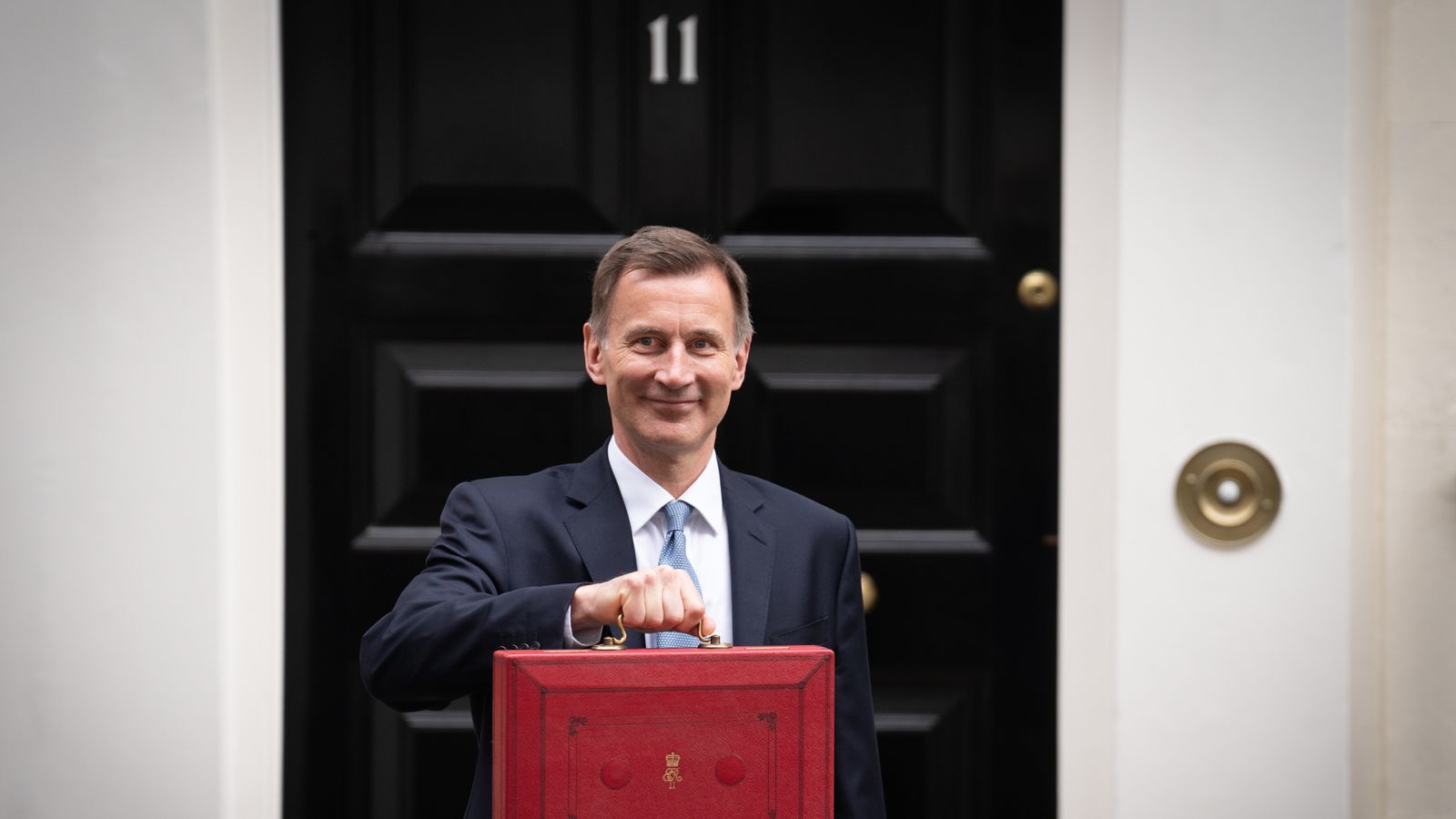
The Blockchain Association of Kenya has been asked to help create the country’s first draft bill on crypto asset regulation. The National Assembly’s Departmental Committee on Finance and National Planning also asked the association to undertake “robust public education on cryptocurrency trade to demystify it.”
Kenya’s Initial Draft Crypto Bill
A Kenyan parliamentary committee has told the Blockchain Association of Kenya (BAK) “to undertake robust public education on cryptocurrency trade to demystify it.” The committee has also asked the association and other stakeholders to prepare the initial draft of what “would be Kenya’s virtual asset service provider’s bill.”
The National Assembly's Departmental Committee on Finance and National Planning has directed us and other industry stakeholders to prepare the first draft of what could become a virtual asset service provider's bill.
What are your thoughts?
Here are @RobertMuoka's comments. pic.twitter.com/Hr0YgdLQMg
— Blockchain Association of Kenya (BAK) (@BlockchainKenya) November 6, 2023
In its Oct. 31 statement on X, Kenya’s National Assembly’s Departmental Committee on Finance and National Planning said it had learned of the country’s status as the third most active in African crypto trade. The committee was also made aware of the nearly $20 billion which was transacted between July 2021 and June 2022.
Digital Asset Tax
In its recent report, the blockchain intelligence firm Chainalysis showed that the East African state is still one of Africa’s top recipients of crypto inflows. Only Nigeria and South Africa are ranked higher than Kenya. Yet despite facilitating crypto transactions worth billions of dollars, most members of BAK are reportedly not paying the digital asset tax.
The claims that members of BAK are not paying the recently introduced digital assets tax in turn prompted Kenyan lawmakers to seek answers from the association. However, in their response to concerns raised by the parliament, BAK officials insisted that members were unable to pay due to the current structures which do not support the payment of taxes.
The association also identified a circular issued by the Kenyan central bank in the past as one of the issues that complicates matters.
Register your email here to get a weekly update on African news sent to your inbox:
What are your thoughts on this story? Let us know what you think in the comments section below.







